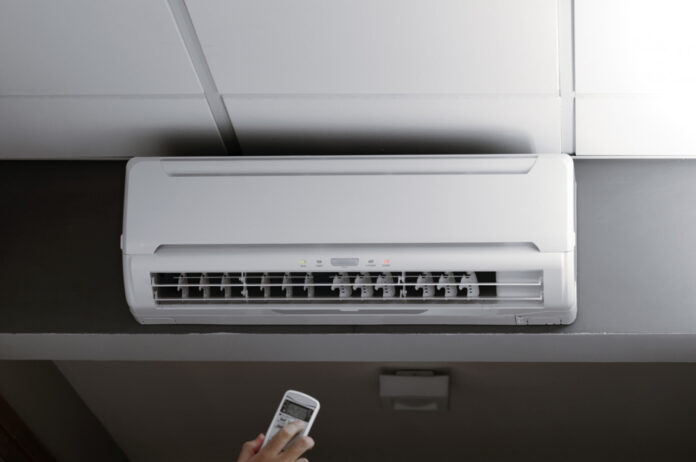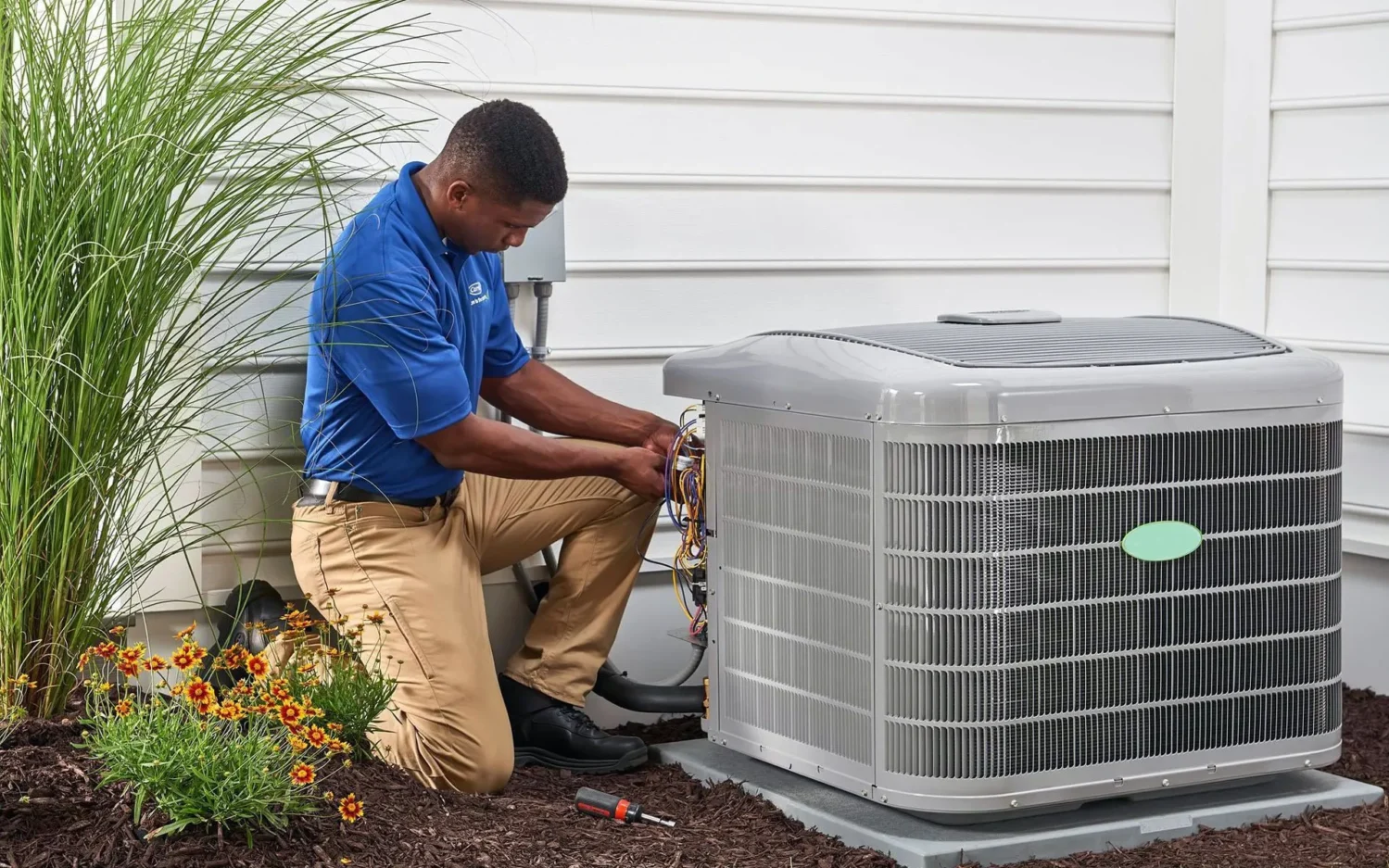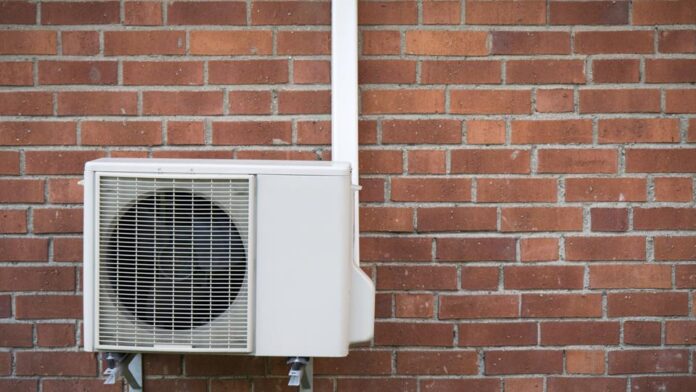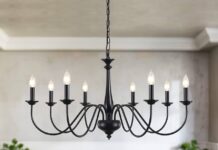A cool home is comfortable and inviting. High-quality air plays a key role in your health. Besides eliminating respiratory conditions, high-quality air can also kick allergies from your home. If you want comfortable nights, think about high-quality air. That’s why you need the right HVAC system and excellent furnace filters.
A good HVAC system will purify the air and regulate indoor temperature. This makes your interiors comfortable. Upgrading your system will make the air even purer. Use the above tips and tricks to upgrade your HVAC system.
Upgrading your HVAC unit is one of the best ways to improve your air quality. However, you should also examine the following aspects to boost efficiency and reduce your costs.
- Consumables- Filters that feature higher MERV values are usually more expensive.
- Maintenance- the greater the MERV rating, the higher your maintenance costs will be.
- Cost of equipment upgrades- Did you know that higher MERV air filters can distress your existing HVAC system? Well, now you know- don’t make the wrong choice.
Types of HVAC Systems

There are a few different types of HVAC systems in use in homes today, but each has its own benefits and drawbacks. Below is a brief explanation of each type with accompanying images to help illustrate the points.
- Central Furnace: A central furnace is typically the largest and most expensive type of HVAC system. This type of system allows you to control your air temperature from one location, which makes it ideal for larger homes or ones with more than one story. Because central furnaces are so large and powerful, they can also be more difficult to repair if something goes wrong.
- Radiant Heating: Radiant heating is a popular choice for smaller homes or apartments because it’s less expensive than a central furnace and doesn’t require an extra electrical outlet. Instead, radiant heat is delivered through thin tubes embedded in the floor or ceiling. This setting can be controlled using thermostats (similar to those used for Central Furnace systems) or manually by entering your desired temperature into a remote control unit. While radiant heating does Require some maintenance (ie – cleaning and checking the tubes), it can be quite energy-efficient, which means you’ll save on your monthly electric bill.
- Air Conditioning: An AC unit uses refrigerant to cool air before it’s released into the home. The main difference between AC units is how they’re powered – while central furnaces use gas lines or electricity, AC units rely on an exchangeable battery that’s usually plugged into the wall. This means that AC units can be used in any location in your home, making them the perfect choice for small or tight spaces. Additionally, AC units are more energy-efficient than other HVAC systems and can typically be operated using less power overall.
- Room Air Conditioners: Room air conditioners are a versatile option that can be used to cool a single room or an entire home. They’re usually smaller and lighter than central or AC units, which makes them easier to move around. Additionally, room air conditioners use less electricity than other types of HVAC systems, which means you’ll save on your monthly bill. However, like all HVAC systems, room air conditioners require regular maintenance (ie – checking filters and CO2 levels) in order to operate effectively.
When it comes to upgrading your home’s HVAC system, there are a few key things to look for. Firstly, you’ll want to make sure that the unit you choose can handle the additional loads. Secondly, you’ll need to decide on the size and type of system you need. And finally, you’ll need to budget for the upgrade.

When it comes to size, there are a few options available. A small unit may be just what you need if your home is small and your heating and cooling needs are minimal. On the other hand, if your home is larger or has more than one level, you may want to consider a larger system. It’s important to understand how much heat your home will need in order to make this decision.
When it comes to type of system, there are three main types: mechanical systems, electronic systems, and hybrid systems. Mechanical systems include air conditioning and heating units that work with motors and coils inside the unit. Electronic systems use sensors and controls to automatically regulate temperature levels in a room. And hybrid systems combine both electronic and mechanical technologies into one system.
Finally, when upgrading your home’s HVAC system, it’s important to think about budgeting for the project. There are many different options available when it comes to upgrades, so it can be difficult to determine which one is right for you without first considering your budget. However, by understanding the basics of upgrading your home’s HVAC system, you can begin to make informed decisions about what is right for you and your home.
Here are simple tips to help you keep your air conditioning unit in top shape:
Inspect Your System

Perform a detailed investigation. Assess your current filtration systems. Review your maintenance programs. At times, revising your maintenance protocols could help you achieve your goals.
Adjust the control options to see how the fan runs. Increase the frequency slightly to find out how the system responds. Change the filters to improve efficiency. Clean the duct to enhance airflow. Tighten the seal to prevent bypass.
Upgrade your Filters
Installing new filters can significantly improve your system’s efficiency. When making assessments, be sure to consider complimentary maintenance strategies. Old filters can restrict airflow.
Before switching to a higher MERV rating, be sure to assess your system carefully. Find out if the filters you intend to purchase are compatible with your existing furnace. Don’t just buy any filters you come across.
Excessive increases in pressure can severely damage your equipment. Plus, it can degrade your system’s efficiency. Don’t assume that a higher MERV value is always better. Before making an upgrade, take time to inspect your existing equipment. Review the operational specifications as carefully as you can. Engage a qualified technician to re-check your system and recommend ideal modifications.
Choose the Right Type

Be mindful of the filter type. You can’t possibly replace a flat panel filter with a pleated one. This might add significant static pressure on your system. Monitor the pressure drop to avoid damaging the equipment. Conduct research first. There are several options on the market. Compare different options. Choose your filter from reputable suppliers. Read the reviews first. You can request an energy expert to guide you.
The Bottom-Line
Purchasing the right HVAC system will determine the comfort of your home. Thus, think about the size of your home. Consider your needs. How many rooms do you have? What is the size of the rooms? Also, if your HVAC system doesn’t give you optimal results, upgrade. Choose a high-performance system with the above tips and tricks.






